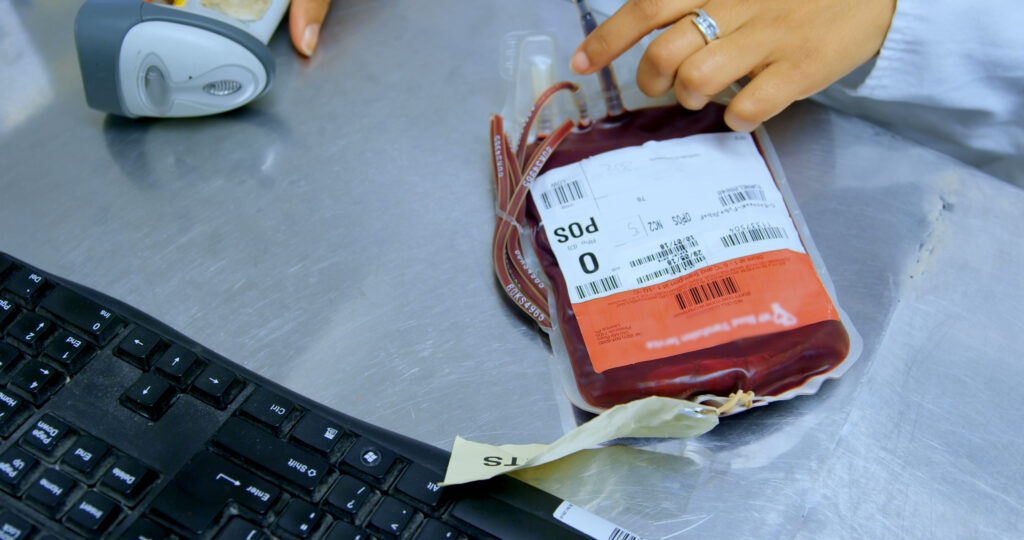Pathology services supplier Synnovis has modified “significant parts” of its systems since the ransomware attack on June 3, 2024, restoring critical blood supplies to NHS hospitals.
Despite this, the NHS gave an alarm over blood supply deficiencies on July 25.
However, Synnovis revealed in a July 25 update that it has made significant progress in its restoration work allowing more of its laboratories to reconnect to the systems that facilitate blood test orders and electronically return results.
This means core chemistry and hematology administrations, including coagulation studies, have been reestablished at King’s College and Princess Royal University Hospitals in London, UK.
In the week beginning July 29, these services are expected to be restored for Guy’s and St. Thomas’, Royal Brompton, and Harefield Hospitals.
“We expect to be able to increase the numbers and types of tests in the near future, although we continue to ask service users to carefully manage testing requests as we complete final system checks. This is a critical step in the right direction in administrations recuperation and in the painstakingly staged and clinically safe way to deal with bringing every one of our systems back online,” the company wrote.
Synnovis added that transfusion services will keep on being settled over the late spring, with full reclamation expected by early Autumn.
In response to the Synnovis update, NHS London Medical Director Dr. Chris Streather expressed satisfaction with the restoration progress and stated that he anticipates seeing shorter turnaround times for the majority of routine blood tests in the near future.
“In spite of the difficulties, the majority of services, including non-elective care, day cases, and outpatient care, are currently functioning at near-normal levels. This indicates that, unless they have been contacted to say otherwise, it is essential for patients with scheduled appointments to continue attending,” Streather remarked.
The attack on Synnovis, a third-party provider of pathology services to several hospitals in South East England, has had a significant impact on the provision of services like blood transfusions and test results, leading to the cancellation of thousands of operations and appointments.
Stolen Data Being Investigated
The attack has been claimed by ransomware group Qilin, which purportedly published 400GB of data stolen from Synnovis on June 20.
The data reportedly included patient names, NHS numbers and descriptions of blood tests.
In addition, spreadsheets for business accounts have been uploaded, outlining agreements between Synnovis and GP services and hospitals. If its ransom demands were not met, the threat actor threatened to publish additional data that had been exfiltrated.
Synnovis disclosed in its most recent update that an outside IT task force is still confirming the published data.
According to the company’s statement, “We will provide updates as the investigation progresses, and if the investigation determines that personal or sensitive information was published, we will inform affected individuals in accordance with our obligations as a data controller.”
The manner in which the attack was carried out is also the subject of ongoing inquiries.
NHS Issues Warning About Blood Shortage
The incident has delayed 1608 elective procedures and 8349 acute outpatient appointments at King’s College Hospital NHS Foundation Trust and Guy’s and St. Thomas’ NHS Foundation Trust alone since June 3, according to NHS England’s most recent update on the matter on July 25.
Around the same time, NHS Blood and Transplant issued an ‘Amber Alert’ to NHS hospitals, requesting that they confine the utilization of O type blood to fundamental cases and use replacements where clinically protected to do as such.
The deficiency of O type blood stocks has been brought about by the “perfect storm” of expanded request of O type blood from hospitals because of the Synnovis attack and decreased assortments because of elevated degrees of unfilled appointments at donor centres in town and city centers.


